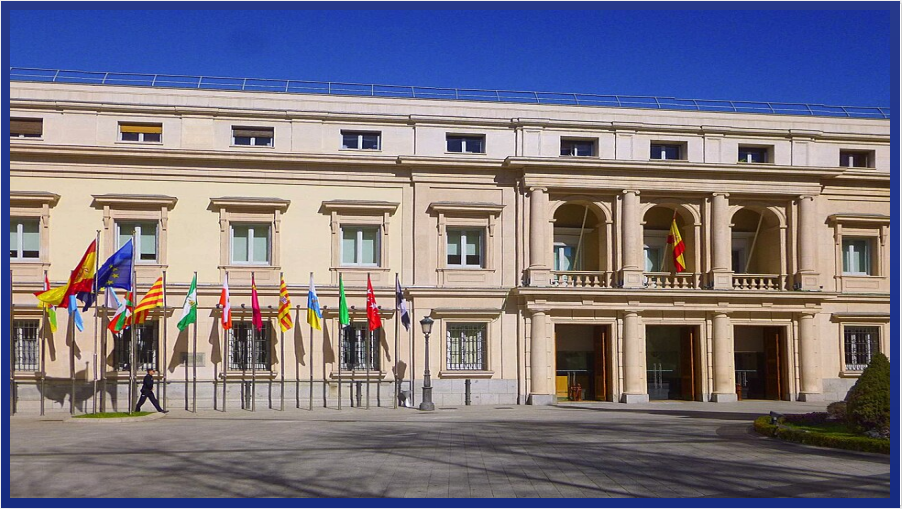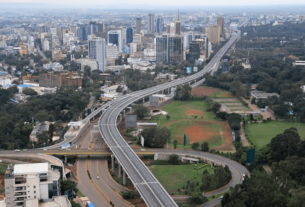Madrid, 2 October 2025 — While much of Europe tightens its borders and asylum policies, Spain is charting a markedly different course. The government has unveiled plans to regularise more than one million migrants within the next three years, positioning migration as a cornerstone of its economic and demographic strategy.
Among those who could benefit is 31‑year‑old Lorena Flechas, who fled Colombia with her husband and young daughter earlier this year. “In my country, right now, there is a lot of war, bombings and kidnappings,” she told Euronews. Initially hoping to reach the United States, Flechas abandoned the idea after being denied a visa and rejecting the perilous option of crossing the border irregularly. “I didn’t want to put my daughter’s life at risk,” she said.
Spain’s approach stands in stark contrast to the prevailing European trend, where governments are increasingly restricting asylum rights and tightening migration laws. For Madrid, however, migration is framed not as a burden but as a strategic necessity — vital to sustaining the pension system, addressing labour shortages, and countering the country’s demographic decline.
The initiative builds on Spain’s new Immigration Regulation, which came into force in May 2025, streamlining residency and work permits while reinforcing support services for migrants. Officials argue that integrating undocumented workers into the formal economy will boost tax revenues, reduce exploitation, and strengthen social cohesion.
As debates over migration intensify across the continent, Spain’s policy underscores a growing divergence within Europe: between states seeking to fortify borders and those, like Madrid, betting on migration as a driver of long‑term resilience and growth.
House of Senate, Madrid, Spain Picture by Zarateman
Sources: La Moncloa – Government of Spain, Immigration Spain, Euronews.



